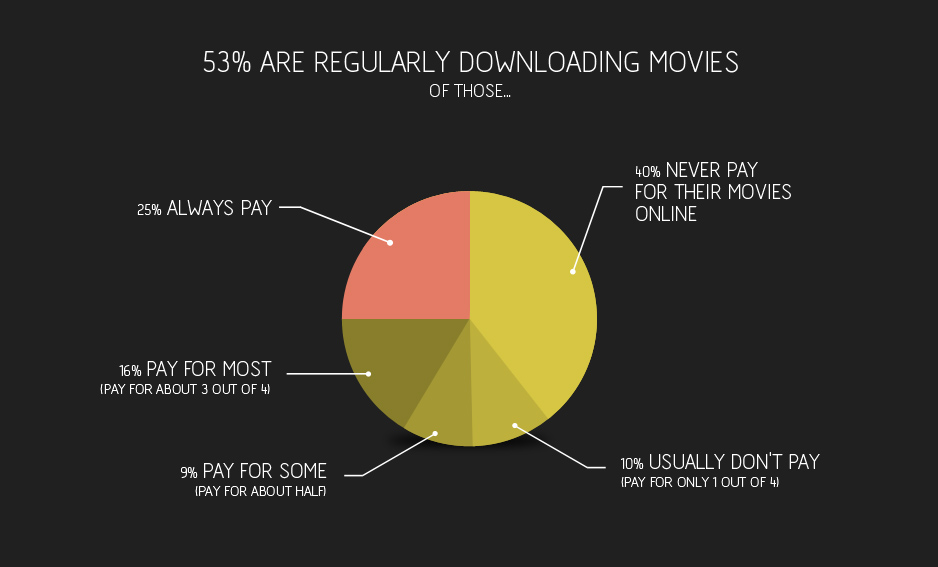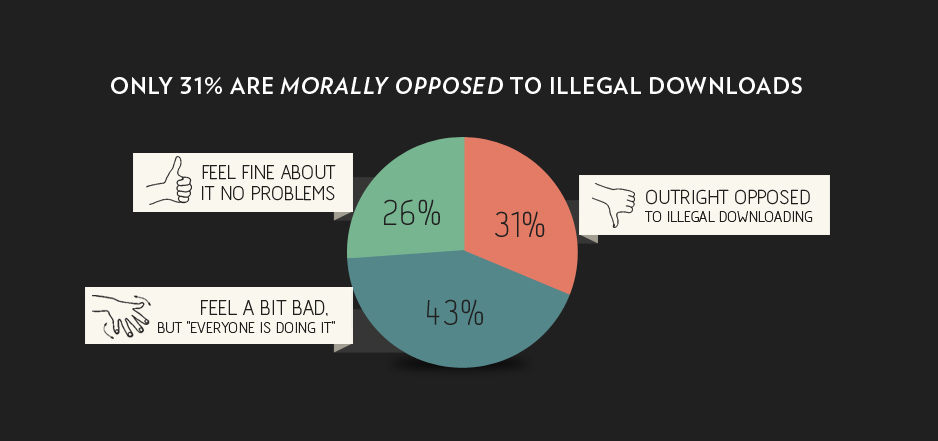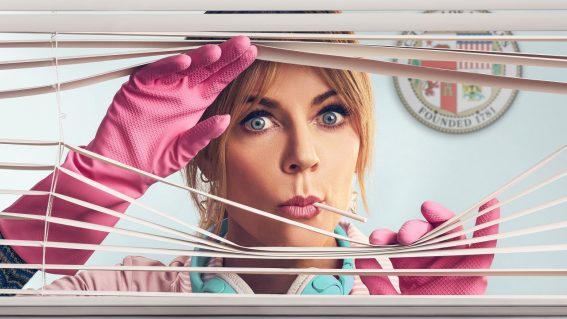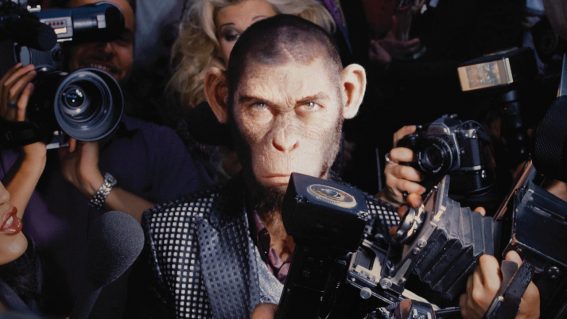People Download Movies Illegally Because They Want To
When our Aussie sister site Fliks.com.au asked the most dedicated of film lovers about downloading movies in their recent Cinema Census, one respondent, who shall be known forever after as “Female 18-25” said this:
“I believe the majority of Australians would rather legally acquire movies.”
It’s a statement that echoes the views of many industry pundits, discussion papers and self-justifiers.
At a literal level, Female 18-25’s comment is true, if slightly rephrased: The majority of Australians would rather the way they acquire movies was legal.
I’ve got a radical new theory on why people download movies: People download movies illegally because they want to.
Let’s stop pretending piracy is this action that people begrudgingly undertake with a grimace on their face only after genuinely exhausting all the alternatives, debating the choices with their priest and flagellating themselves with their cat as an act of contrition.
Poppycock. Hogswash. Balderdash.
It’s quicker, easier, cheaper… and they like doing it. Just to be clear, that’s an “and” not a “therefore.”
We celebrate piracy. A lot.
In the census, 53% of respondents described themselves as regularly downloading or streaming movies. Doing so at least once a month. 75% of them were watching at least some movies without paying for them, so just to be clear they were downloading stuff illegally. Others probably think of what they do as legal even though it isn’t – using Netflix through a VPN or an international iTunes account via a foreign credit card.
They are pirates. And no one seems to be walking the plank over the accusation.
Last Friday September 19 was International Talk Like A Pirate Day. Come this Halloween (heck, come this weekend) it won’t be hard to find kids and adults dressed like pirates. Sea-faring pirates. Peg-legged pirates. Drunken pirates. Bearded pirates. Sexy pirates. The full spectrum of skull and crossbones toting reprobates featuring parrots on their shoulders and a willful misinterpretation of the seafaring life in their heads.
We celebrate piracy. A lot. Y-arrrrrr we do!
We celebrate online piracy a lot too. If you’ve paid really close attention you may have heard that Australia is the number one nation at downloading Game of Thrones in the world. A shocking statistic that has only been written about on almost as many occasions as the show has been downloaded.
Even the shows we pirate have pirates. From Game of Thrones where Stannis’ mate made the Battle of Blackwater Bay possible to the forthcoming Black Sails, which is about (yup) pirates.
Pirates are cool. They make news. They are the stars of the shows. They’re only disliked by the film distributors whose equivalent characters in the shows we watch are stuffy British colonialists.
At a superficial level, we haven’t black-tarred the actions of those who download material illegally so much as black eye-patched them. Perhaps if the industry referred to them as online terrorists?
Yet this is not a superficial argument. Not a question of nomenclature. This is a question of screen preference, whose mantra is: My screen; my program; my act of hunting and gathering that obtained it; and apparently my revolution against the system.
“I resent the decades I’ve been exploited by media corporations… missing out on films not released here or waiting months to see something. I love pirating content – it is pure revenge for these years of exploitation.”
So said “Male 36-45” who is clearly angry at the artificial obstacles that have replaced the real ones in the realm of programming distribution. When the need to ship 35mm prints around the world turned into the artificial breaking up of the world into digital territories and windows, many cinematic storm troopers joined the rebellion.
And like the Luke, Leia and Hans of a long time ago, once they got there they had a lot more fun – plus they got to stick it to the Emperor. The survey asked about the motive for downloading movies illegally – 62% said availability, 20% said price, 16% said convenience.
There was no “I did it once and now I just keep doing it” option, but if there was that might have drawn a few clicks.
Until the medical authorities prove it gives us lung cancer, the cool kids will be pirates.
Ask yourself this: How many people stop pirating? How many people after a few shows, or months, or years of downloads, suddenly delete their Torrent apps and choose the life of morally righteous? Getting bored of a particular show doesn’t count. Nor does getting so busy they just stopped watching shows as soon as the internet allowed.
Here’s the kicker. According to the census a mere 31% of people are morally opposed to illegal downloads. That’s how many are willing to take a moral stance in the high-pressure environment of… a survey.
It’s really easy to sound uppity and righteous when you’re anonymous and there are no background checks.
Call me a cynic, but I think some of the people who take a moral stance in a multiple choice survey might not exactly be picketing their mate’s house where they know illegal films are being watched. In fact they’re probably ducking around with a cheeky thumb drive.
Here’s one more theory: A lot of the people who don’t download movies remain in that camp not because they don’t want to, but because they don’t know how or don’t know how to not get caught. Your 80-year-old grandmother would be downloading Downton Abbey if she just knew how. It’d be crammed on a hard drive next to The Best Exotic Marigold Hotel and Frozen (because, you know, Olaf).

One of the key terms in subscription television is “churn” which refers to the number of people lost to the service in a given amount of time. The number who must be replaced by new users before there can be any growth.
Online piracy’s churn rate is zero.
It’s awesome. It’s popular. Everyone is doing it.
So pretty much until the medical authorities prove it gives us lung cancer, the cool kids will be pirates.
Just maybe not in the surveys.
Kiwis – what do you reckon?












